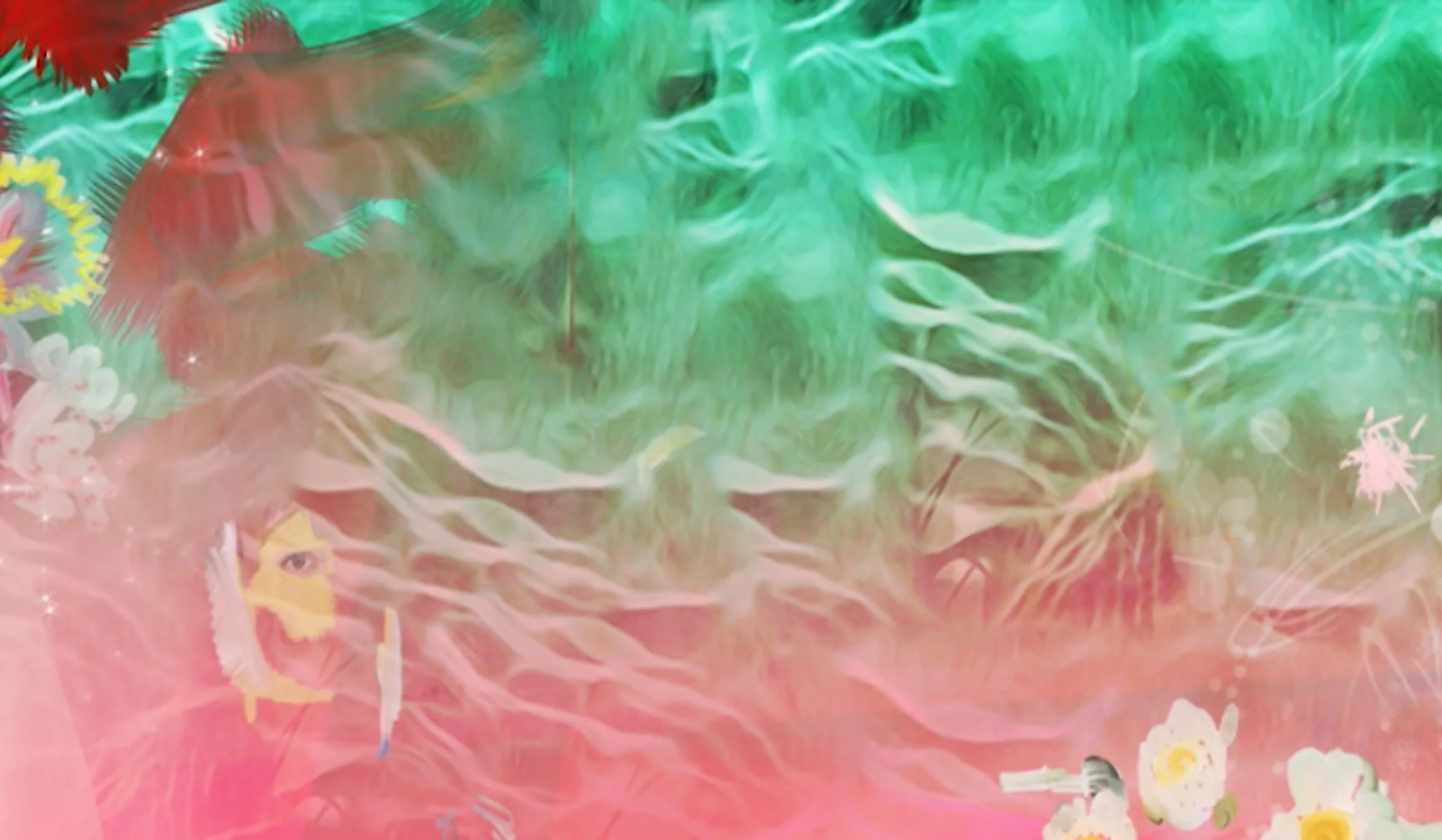
Art in all its forms - music, dance, theatre, and the visual arts - has a profound effect on how we think, feel, and connect with one another. Far beyond entertainment, it shapes the brain and strengthens the social fabric.
Research shows that children who regularly engage with art develop stronger cognitive skills. A well-known study from the University of Toronto found that children taking music lessons scored higher on IQ tests, with measurable improvements in memory, reading, and even mathematics. At Cambridge University, Professor Usha Goswami's research has demonstrated how rhythm and sound in music directly support language development and literacy in young children.
I see this reflected in my own family. A visit to Tate Britain with my children sparked a flood of questions about history, about society, and about why artists see the world differently. These moments show how art unlocks curiosity and encourages young minds to look at the world with fresh eyes.
The benefits continue well into adulthood. A 2019 study at University College London found that older adults who visited museums or galleries on a regular basis were up to 44% less likely to develop dementia. Engaging with art literally helps preserve memory and cognitive health. The World Health Organization has also shown that the arts reduce stress and anxiety and can even accelerate recovery after illness.

As former Chairman of Children & the Arts, a charity founded by His Majesty King Charles III, I saw first-hand how transformative cultural access can be. Children who had never set foot in a theatre, concert hall, or gallery suddenly found themselves inspired, confident, and included in spaces that once felt closed to them.
Art has the power to bring people together. Psychologists at Oxford University have shown that shared activities like music and dance increase empathy and cooperation by stimulating oxytocin, the "bonding hormone." In today's fractured world, the arts remain one of the most effective ways to bridge divides, foster dialogue, and even support healing after conflict.
This belief underpins several of my collaborations in London - projects designed to give young people the opportunity to create, heal, and connect with others, as they find their own voice through the arts.
I believe art is not optional, but essential - a catalyst for thought, empathy, and resilience in a world that desperately needs more of all three.




